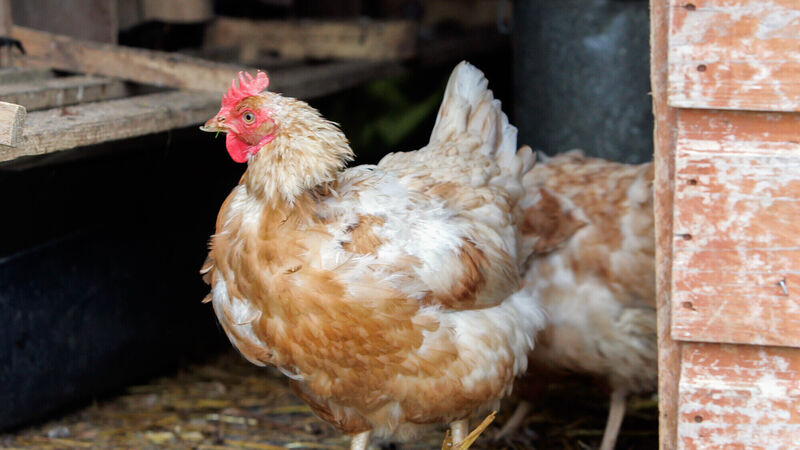Third outbreak of bird flu on Irish farm

The two previous cases involving the strain H5N1 were confirmed on a turkey farm and poultry farm on November 24 and November 21 also within Co Monaghan. File Picture
A third outbreak of Highly Pathogenic Avian influenza on a farm in Ireland has been discovered within a flock of layers in Castleblaney, Department officials have confirmed.
The two previous cases involving the strain H5N1 were confirmed on a turkey farm and poultry farm on November 24 and November 21 also within Co Monaghan.










